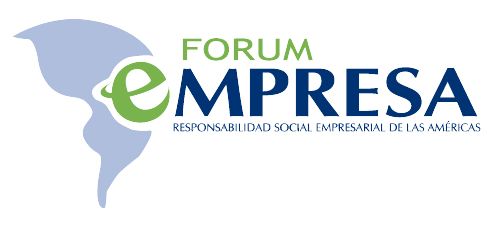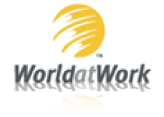What Companies Need to Know to Win Tomorrow’s Best Employees
“The 2020 Workplace”, a book by Jeanne C. Meister & Karie Wyllierd provided tremendous insight about trends that are shaping the workplace and what companies will need to do for effective recruitment, development and retention of employees of the future.
According to Meister & Wyllierd, “there are ten global forces at work in the workplace to come in 2020,” which include:
1) A worldwide shift in demographics resulting in a workforce that is older. The number of new workplace entrants will not be sufficient in some countries and the war for talent will be global. By 2020, most workplaces will have five generations working side by side:-Traditionalists, born before 1946; Baby Boomers, born between 1946 and 1964; Generation X, born between 1965 and 1976; Millennials, born between 1977 and 1997; and Generation 2020, born after 1997.
2) The knowledge economy will replace the manufacturing economy and it will require more complex skills related with building relationships, collaborating and communicating with coworkers.
3) Globalization continues to change the world in which we live and work. More jobs will be outsourced to the BRIC (Brazil, Russia, India and China) countries. As a consequence, work will be done virtually and managers will manage a virtual workforce.
4) The digital workplace is expanding rapidly. Web 2.0 tools such as media tools, blogs, wikis, videos and other file sharing programs will become standard by 2020 and organizations will have to learn how to manage all the digital content in the workplace.
5) The spread of mobile technology will continue as we move closer to 2020. People will access the Internet mainly through mobile devices. Mobile technology will be used also for corporate learning.
6) A culture of connectivity will dominate. A segment of the people, “the hyperconnected”, will always be connected whether they are at work, home or on vacation. By 2020 this segment of the population will comprise 40% of the workforce.
7) The participation society is a society where customers are encouraged to collaborate with companies and the learning happens in these conversations instead of going to traditional institutions.
8) Social learning, together with social media and social networking will define the way people learn in corporations in the next few years. Classroom learning and computer based e-learning will be used less often.
9) Corporate social responsibility (CSR), a way of doing business that integrates social and environmental issues into the company’s strategic agenda is growing among companies.
10) Millennials are transforming the workplace and every institution they enter. Millenials care about social and environmental issues that society faces and they want to be part of the solution. They prefer to work for companies that have CSR initiatives. They want autonomy with their jobs and they are highly technical. They lived with technology all of their lives.
Companies will need to pay attention to these ten global trends if they want to compete for talent in 2020. The companies that will succeed in attracting and retaining the best employees will be the ones that develop a new workplace engagement model that is flexible and responds to needs of the changing workforce.
What is the workplace engagement 2020 model?
Meister & Wyllierd present a set of principles any organization can use to build engaged employees for now and into the future. They remind us that “competition for talent will be fierce, because despite there being five generations in the workplace, there will be shortage of certain skills, not just workers.”
The authors define the 2020 workplace as “an organizational environment that provides an intensely personalized social experience to attract, develop and engage employees across all generations and all geographies.” To get ready for the future workplace, they recommend companies do the following.
a) Personalize the employment contract
b) Make innovation a core value of the company
c) Encourage social interactions and connections among employees
d) Respond to the Millennial generation’s need for development
e) Understand that transparency is necessary for success
f) Recognize a 2020 mindset will be required to thrive in the networked world
Smart companies should start now to prepare for the 2020 workplace. This book is a must read.













